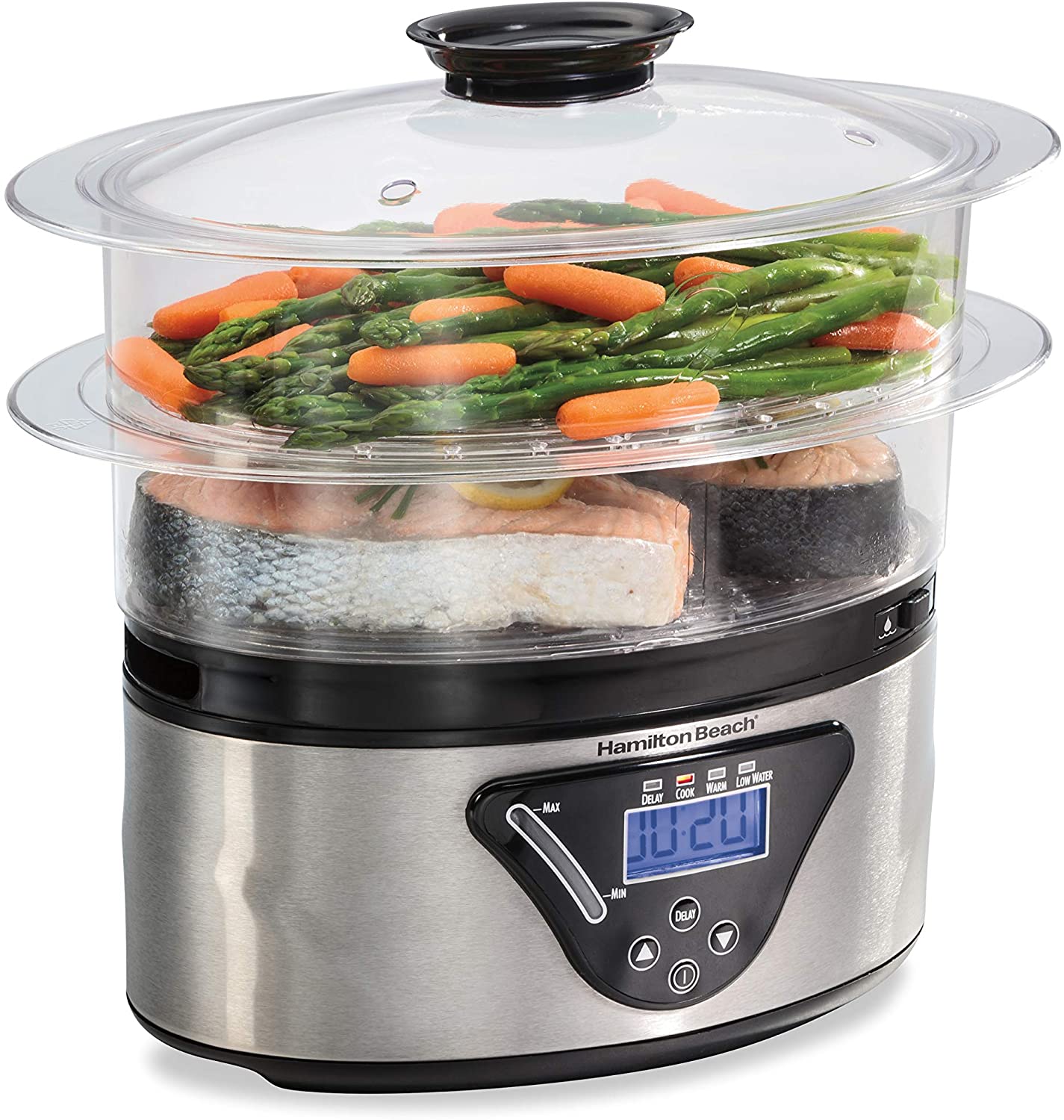Slowly but surely, information about our modern diets and the processes our food undergoes before it lands on our table is spreading. More and more people are becoming aware of the negative ingredients and methods of preparation involved in our diets. Simultaneously, people are beginning to learn about healthier alternatives.
It is easy to get disheartened if you’re just beginning this process. There’s so much that needs to change with how humans are eating in modernity, it can be difficult to know where to begin. Beyond this, it can be socially uncomfortable to start rejecting the things our friends and family are eating. The following will break down a few basic rules you can use to begin your healthy eating journey.
Learn How To Read Labels
Food labels are designed to trick you into buying items. Read that again. Food labels are marketing devices. Researching what those words on ingredients lists actually mean is going to prove irreplaceable. Once you know what’s actually in your food, you might find it much easier to skip over the things that are unhealthy.
Be Skeptical Of Fad Diets
Food production companies have known since the 80s that trendy diets labeled “healthy” make money. It’s easy to participate in these diets because it seems like all the hard work is already done and no research is needed on your part. While some of these eating plans can be healthy, others are shockingly terrible for you. Make sure you do your research on every aspect of a prescribed diet. Experts at PatriciaandCarolyn.com recommend that you read reviews of diets to figure out if they’re a good fit for you and your health goals. In addition to this, you should be researching each individual food that is recommended as part of a prescribed diet.
Learn How To Research Food Properly
It is important that your research consists of peer-reviewed academic articles, not just online information. A lot of false information spreads online like wildfire, so quickly and so completely that many article writers genuinely believe the information they’re sharing is true. Finding academic articles will be tricky at first, but once it becomes a habit, you’ll be unstoppable.
Finding Good Research
There are two ways you can access quality research. First, you can use Google Scholar (which is a search engine option similar to Google Image Search) that allows you to only search within academically-produced, research-based articles.
You can also look into an academic journal subscription or online services. If you’re a university student, you almost certainly already have access to these programs. If you do not know how to find or use them, you can speak to the university librarian. If you have been out of school for a while, look into libraries in your area. Many larger libraries now have a digital component which allows the borrowing of ebooks, audiobooks, and, you guessed it, access to academic journals.
Of course, be sure to read studies skeptically, paying attention to who funded the research and how the study was conducted. If you don’t think this is important, research what the sugar industry did regarding research on the health of fat. It will change how you view health-information.
Be Prepared
We all have specific moments in our lives we’re we’re tired and likely to make poor decisions for convenience’s sake. Keeping some healthy snacks nearby at those times, or having your meals for the week partially prepared already can help you avoid this common pitfall. It can also help you save time and money as you can buy things in bulk and cook in batches. That’s a triple win.
Keep Water Near You
Keeping water near you throughout the day can reduce some of your cravings. This in turn, can help prevent you going overboard on unhealthy snacks in the office kitchen or at home. Many times we’re craving a snack, we are actually misunderstanding our body’s desire for water. If there’s something you know is bad for you, but you consistently want, try drinking water and then waiting twenty minutes before indulging. You might find that the craving goes away.
With the above tips in mind, you’re well on your way to navigating the falsehood-heavy food marketing industry and making wise and healthy decisions regarding what you put into your body. Be forewarned, as you embark on this journey, you’re going to discover a lot of messed up and scary things. You’re going to want to tell everyone you know and argue with them until they give up their bad food habits. The goal here is healthier humanity, so make sure that you’re speaking kindly and with encouragement when you share this information. People won’t want to listen if you’re being too abrasive.


